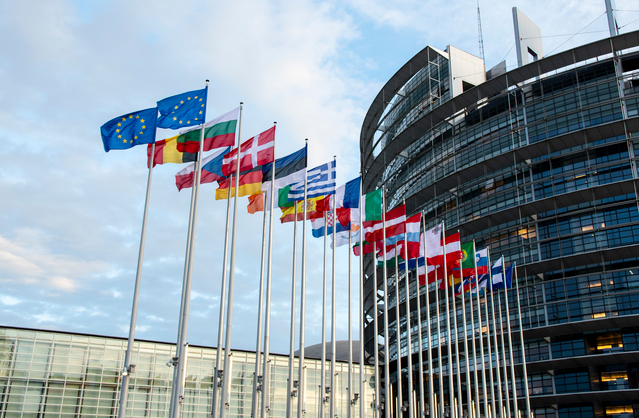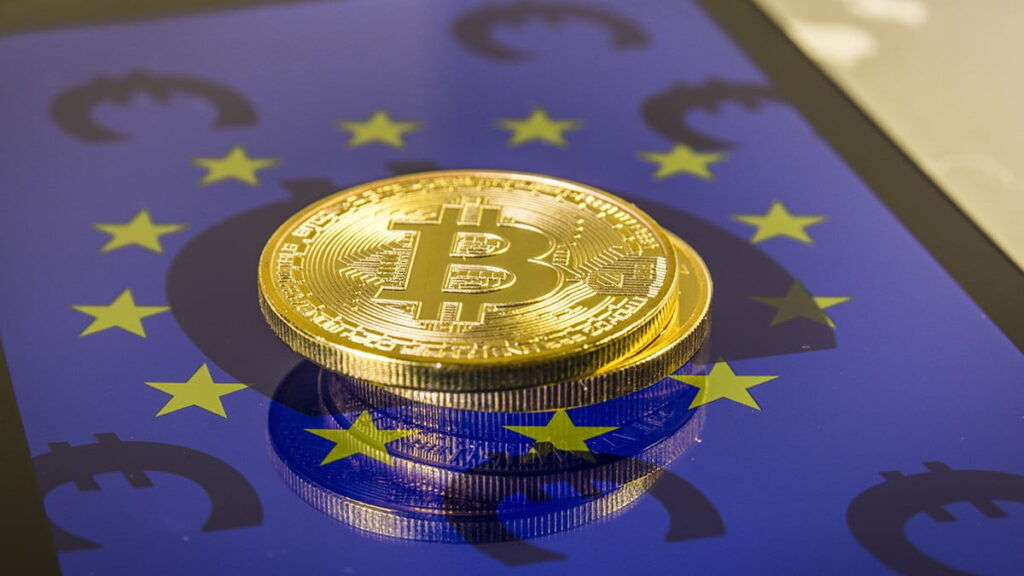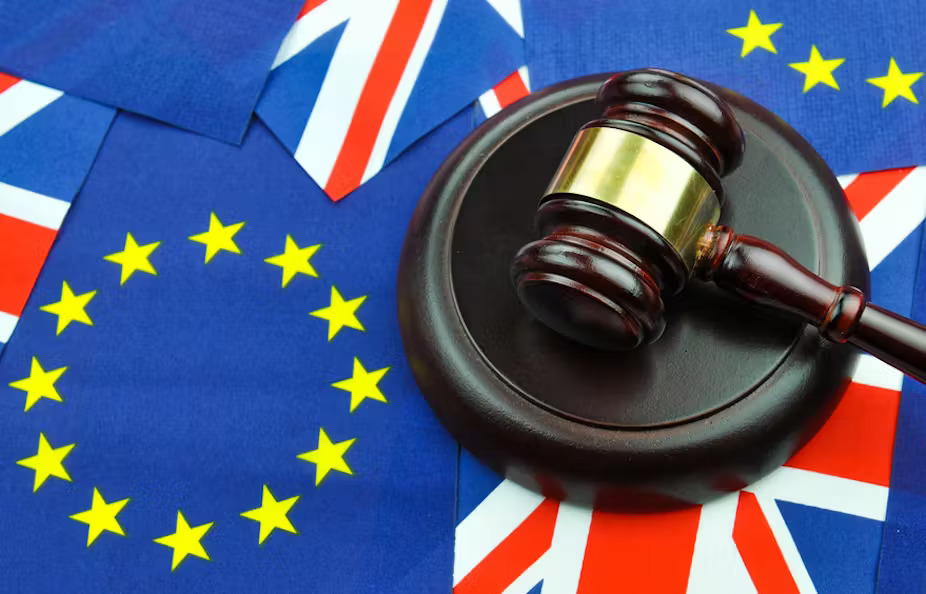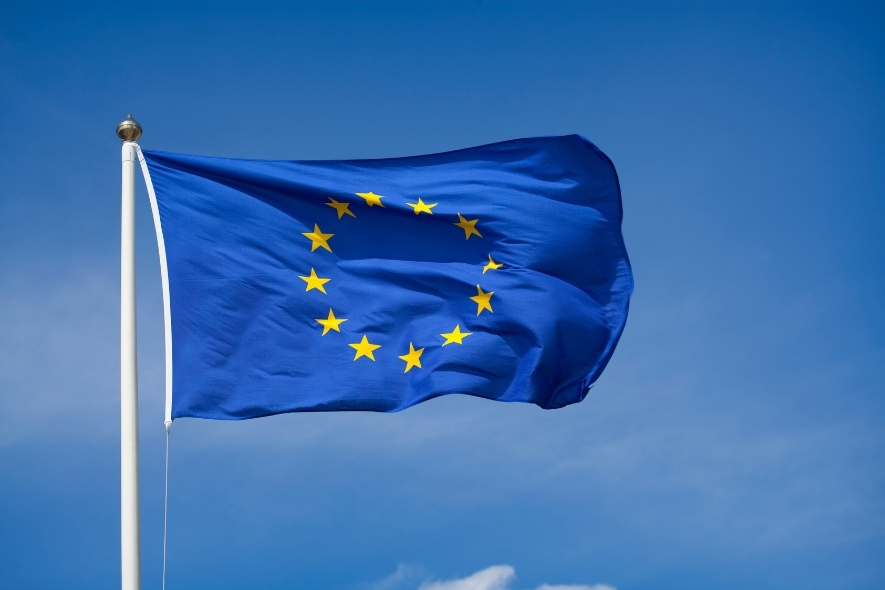This significant legislative move is a crucial step towards ensuring the ethical and responsible utilization of AI across a multitude of sectors. The scope of this act encompasses a diverse array of AI applications, including but not limited to facial recognition and biometric identification systems. Moreover, it delves into crucial aspects such as transparency, accountability, and the necessity for human oversight in the development and implementation of AI technologies.
The decision made by the EU Parliament to greenlight this act underscores the increasing importance of establishing comprehensive regulations to safeguard the rights of citizens while fostering innovation in the digital realm. By setting clear guidelines and standards for the deployment of AI, the EU aims to create a conducive environment that not only protects individuals but also promotes the growth and advancement of AI technologies within the region.
This legislative milestone reflects a broader trend towards recognizing the potential risks associated with unchecked AI development and underscores the need for proactive measures to mitigate these risks. As AI continues to permeate various aspects of society, it becomes imperative to establish a robust framework that upholds ethical standards and ensures that AI technologies are developed and utilized in a manner that aligns with the values and interests of the European Union and its citizens.
In essence, the EU Parliament’s move to pass the AI Act is a testament to the evolving landscape of technology regulation and the proactive stance taken by policymakers to address the challenges and opportunities presented by AI. By laying down clear guidelines and principles, the EU sets the stage for a future where AI can be harnessed for the collective benefit of society while upholding the highest standards of ethics and accountability.










